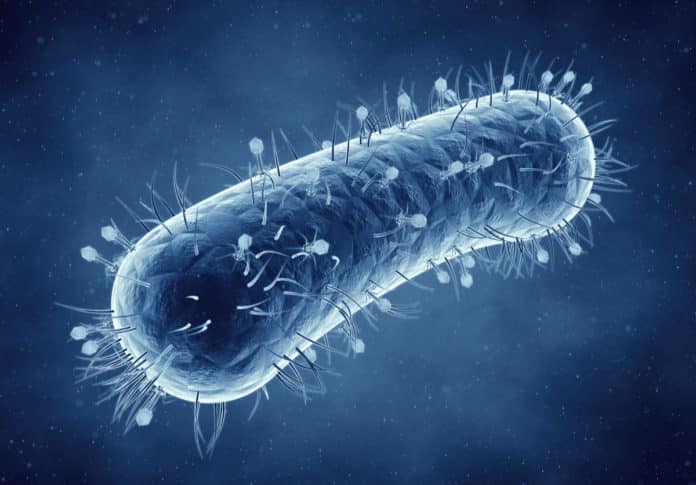Technion researchers turned a bacterial cell into a biological computer capable of monitoring different substances in the environment. Currently, the biological computer is capable of identifying and reporting toxic materials. But the scientists are looking forward to introducing the ability to warn hemorrhaging in the human body.
Natalia Barger, a Ph.D. student, and Assistant Professor and Head of the Synthetic Biology and Bioelectronics Lab at the Technion’s Faculty of Biomedical Engineering, Ramez Daniel published their new research in the journal Nucleic Acids Research (NAR) in September 2019.
A new science named synthetic biology was born from the encounter of life science with engineering. Synthetic biology enables scientists to design, engineer and build artificial biological systems and offer the possibility of reprogramming the genetic code of living forms, including humans.
The scientists reprogrammed the genetic structure of bacterial luciferase, a protein involved in light generation by the bacterial cells, in their research.
As in the regular computers, circuits carry out complicated calculations in the biological computer they made in the living cells. The circuits are genetic in these computers, not electronic and information is transmitted through proteins.
Five genes encode the bacterial protein luciferase to generate light in the bacterial cell. The scientists created various genetic circuits by splitting the natural structure of the luciferase and introduced them into the E.coli cells. This resulted in the transmission of signals in bacteria according to their computational actions. This allowed them to be used as analytical tools and smart biosensors for quantifying and monitoring toxic substances and environmental infections.
There are similar bacterial devices based on the existing luciferase system. But this is the first time scientists have reconfigured the luciferase system in bacteria to make it work the way they want to locate substances they are interested in.
The new biological computer can work with multiple materials simultaneously. But the accurate identification of the input is difficult to solve at the measurement story or after that, and the optimal solution lies at the intracellular level.
Scientists tested their biological computer and were successful with two toxic substances that harm the DNA and cause cancer; Nalidixic acid and hydrogen peroxide. Scientists are now trying to reprogramme the bacterial cell to warn hemorrhage or bleeding inside the human body.
This new innovation is taking synthetic biology one step further and Technion scientists are still working to tighten the interface between engineering and life science.
Editor’s Note: Scientists turn bacterial cell to a biological computer, synthetic biology, Technion



